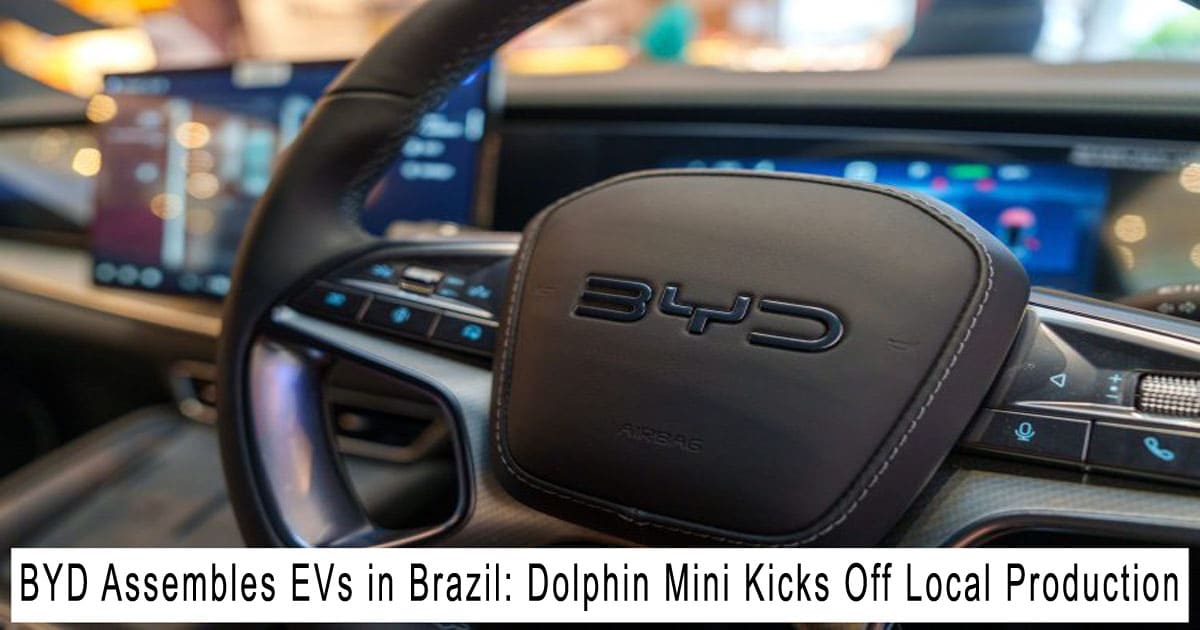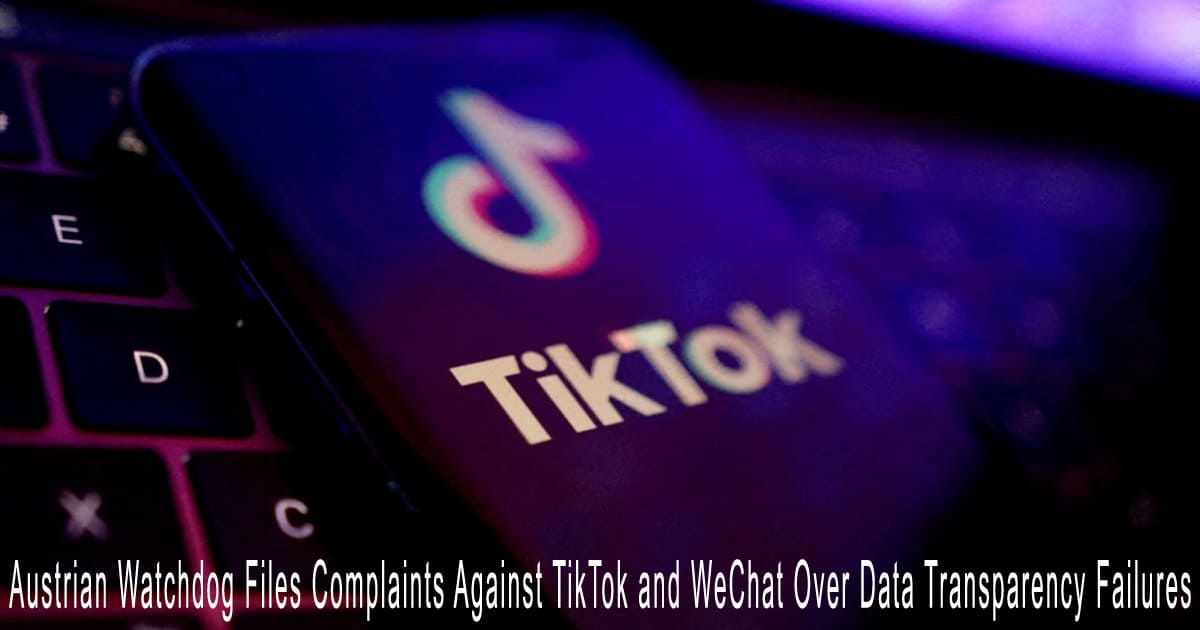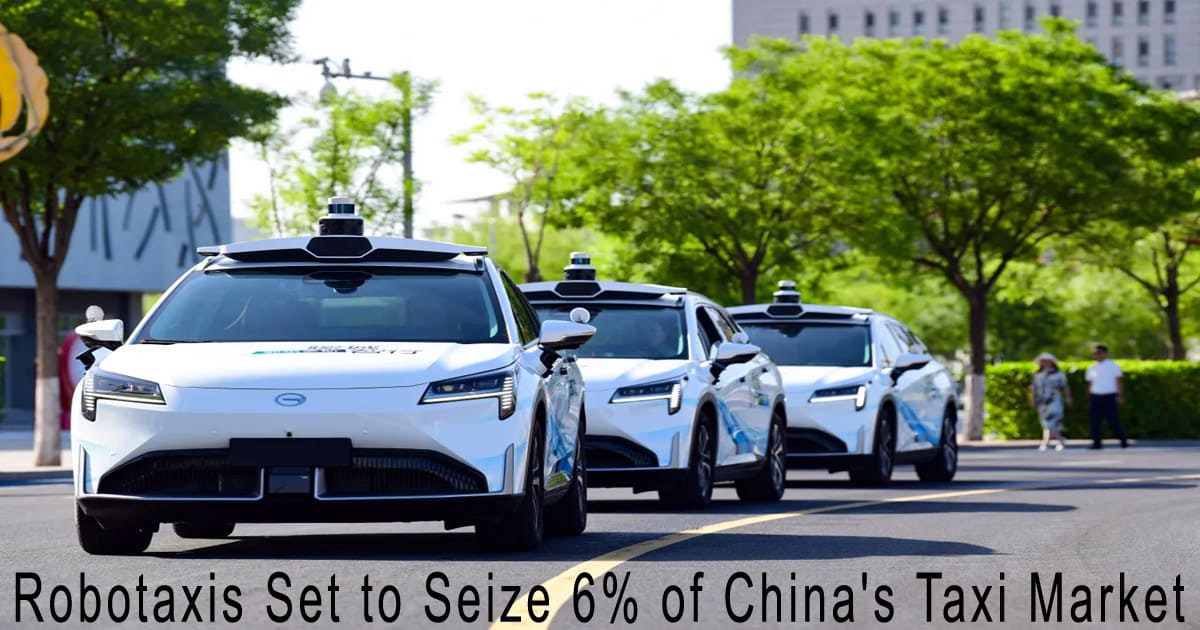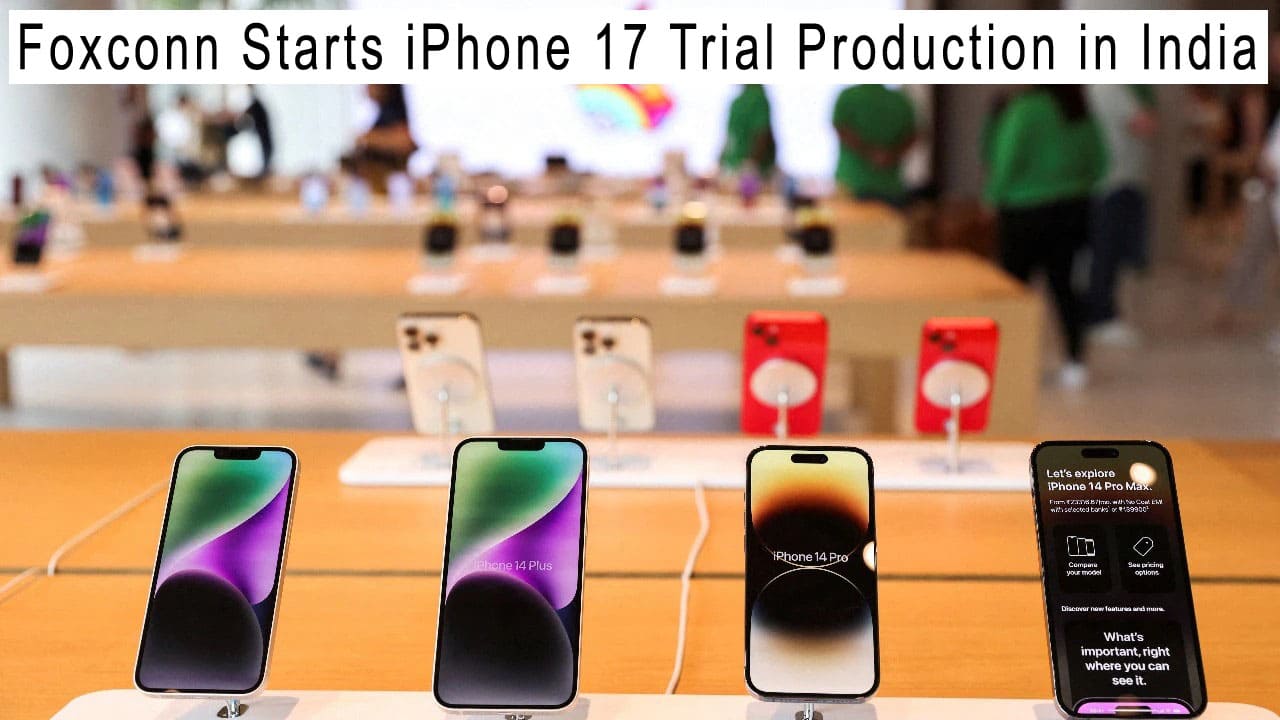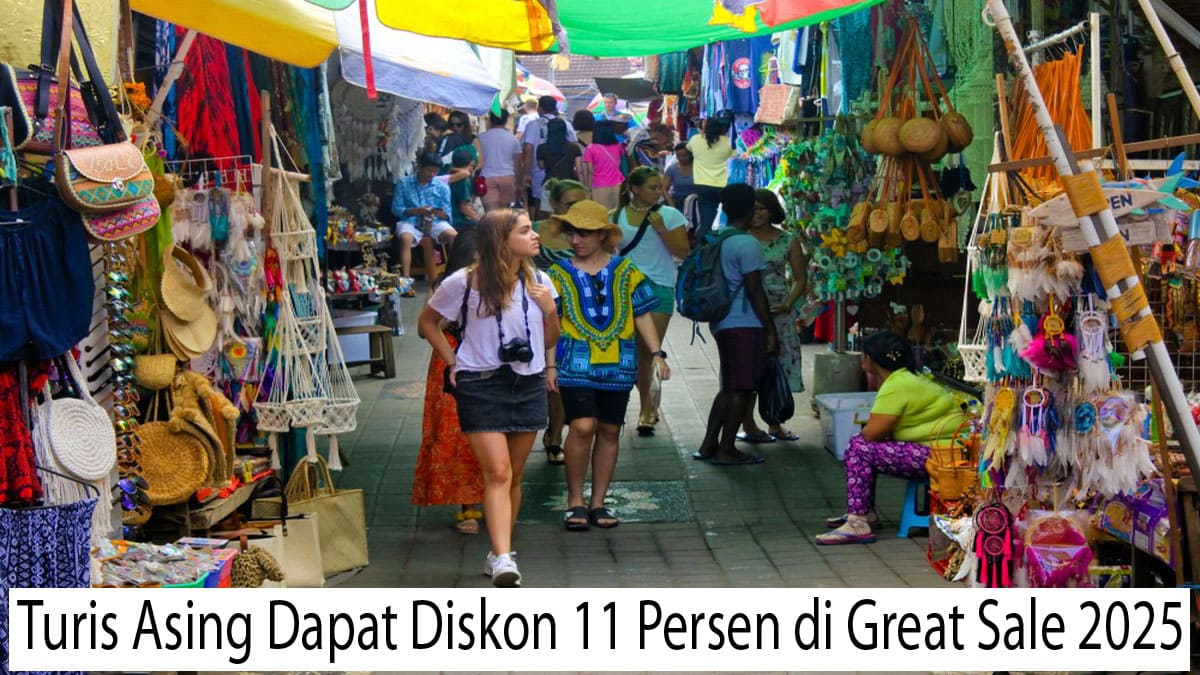BYD assembles EVs in Brazil initially at its brand-new location in Camaçari, Bahia. This marks a major milestone for the Chinese EV giant as it expands aggressively into Latin America. The move could be a pivotal shift in Brazil’s long-standing internal combustion-dominated auto market.
First Off the Line: The Dolphin Mini (a.k.a. Seagull)
Known locally as the Seagull, the BYD Dolphin Mini is the first model manufactured as BYD assembles EVs in Brazil. This compact electric hatchback is winning attention for its affordability and practicality — priced at R$118,800 (around USD 22,000), with a 38.8 kWh battery and up to 280 km range — ideal for city use.
Coming next are the Song Pro (hybrid SUV) and the King DM-i, globally branded as the Qin Plus DM-i. Both feature BYD’s signature DM-i hybrid powertrain, pairing a 1.5L engine with an electric motor.
The Camaçari facility will eventually shift from semi-knockdown (SKD) assembly to full local production, including painting, stamping, and local part sourcing. BYD also confirmed the hybrid engines will be ethanol-flex-fuel compatible, a move tailored for Brazil’s biofuel market.
Production Capacity: Starting at 150,000 Units — with Plans to Double
The facility stands on the old Ford plant site, shut down in 2021. After BYD acquired it in 2023 and invested 15 months into upgrades, it’s now capable of producing 150,000 vehicles per year in its first phase. A second phase could scale that up to 300,000 units, plus battery and electric bus production.
According to Alexandre Baldy, Executive Director of BYD Brazil, the company targets up to 50,000 EV and hybrid units in 2025. While most are for domestic sale, BYD plans to export to Argentina, Colombia, and Mexico — making Brazil its regional production base.
Navigating Import Tariffs
BYD’s timing couldn’t be better. Brazil reinstated import taxes on EVs in 2024, raising tariffs to 18–25%, with more hikes coming in 2026.
Acting fast, BYD imported 22,000 vehicles in Q1 2025 before the tariffs took effect. Now, the company is negotiating a 10% SKD import tax, instead of the full 25% charged for complete vehicles — a savvy move that shows BYD’s ability to adapt quickly to policy changes.
What It Means for Brazil’s Auto Industry
With BYD assembling EVs in Brazil, the country could become Latin America’s top EV production hub. Brazil already has the advantage: a robust ethanol ecosystem, skilled labor, and a growing domestic EV market. EV sales grew 31.5% year-over-year in March 2025 (ABVE data).
Unlike legacy automakers like GM or Volkswagen — who are slow to shift — BYD is moving fast, investing big, and customizing its strategy for the region.
“We’re not just selling EVs in Brazil. We’re building them here, with Brazilian workers, for Brazil — and for all of Latin America,” said Stella Li, CEO of BYD Americas.
Labor Controversy: A PR Hurdle
In May 2025, Brazil’s federal labor prosecutors began investigating allegations of labor abuse involving foreign workers during the plant’s renovation. Some reports cited near-slavery conditions.
While BYD denied involvement and pledged to cooperate fully, the incident underscores the importance of ethical labor practices — a growing concern for investors and consumers alike.
Bottom Line: BYD’s Brazil Bet Looks Long-Term
As part of its plan in Brazil, BYD is investing in full-cycle local production, managing tariff adjustments, retooling a closed Ford facility, and offering models specific to particular regions. It’s a calculated, long-term bet on Latin America’s EV future.
And as BYD assembles EVs in Brazil, it’s not just building cars — it’s building momentum for a regional shift toward electrification.

